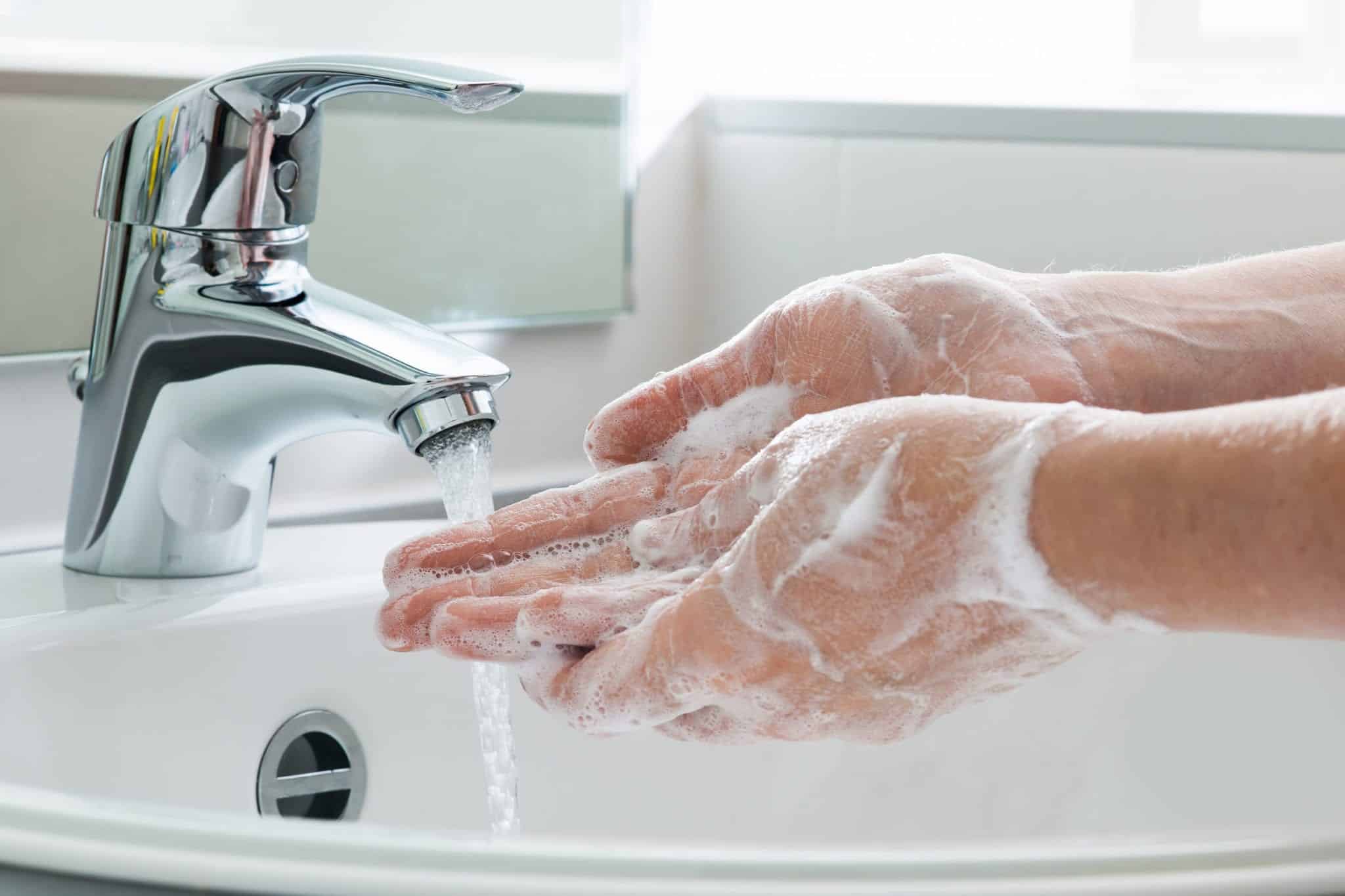During its latest health inspection from the Centers for Disease Control and Prevention (CDC), the Carnival Fantasy earned a failing grade. The Carnival Cruise Line ship received a score of 77 out of 100, falling 9 points short of the minimum passing score of 86.
Brown Water Discharged from Shower Lines
According to the July 2019 inspection, the Carnival Fantasy’s failing grade was due to a number of health violations, including “brown water” being discharged from two shower hoses and a shower in the medical area. The medical area shower was used at least twice a day, a crew member reported.
Multiple Violations at Food Stations
Additionally, inspectors found knives stored in warm, soiled water at food stations, an ice cream spoon stored in cold, soiled water, and one food station lacked adequate sneeze guards. At breakfast, one of the inspectors reported that the bagels and bread being served were swarming with small flies.
Issues with Illness Reporting Procedures
Other items on the report included a crew member with symptoms of acute gastroenteritis but did not report to the medical center in a timely manner. Further, the sick employee was never interviewed in an effort to uncover the source of the illness. Nor was the Fantasy able to present an updated fecal and vomit accident response procedure to the health inspector.
The Carnival Fantasy was one of several ships that failed the July 2019 inspection, this latest failing grade being the lowest in the cruise ship’s history. The second-lowest score occurred in 1990, when the Fantasy received 78 points out of 100.
Other cruise ships that failed included Royal Carribean’s Majesty of the Seas, which earned an 82 out of 100, and the MS Grand Classica from Bahamas Paradise, which earned an 81.
According to a Carnival representative, the cruise line intends to remedy the issues and undergo a subsequent inspection. The cruise line submitted a “Corrective Action Report” to the CDC following the inspection, and have added staff and taken corrective measures to ensure they will exceed the United States Public Health standards.
Health Problems to Watch for on Cruise Ships
When boarding a cruise ship, passengers expect to be pampered and entertained in a safe, healthy environment. When cruise lines fail to follow health and safety regulations, passengers may experience a surprise encounter with infections and other health concerns.
Because passengers are kept in close quarters for an extended period of time, unsanitary cruise ships tend to quickly become breeding grounds for germs and diseases. Some of the most common cruise ship health issues include:
Norovirus
Norovirus is a highly contagious food-bourne illness that can cause diarrhea and vomiting. The virus thrives in crowded spaces like cruise ships, often spreading when infected passengers touch infected surfaces or items — such as buffet counters or cutlery.
The Flu

Already a highly contagious virus, the flu spreads even more rapidly in the close quarters on cruise ships. Cruise ship settings can facilitate the outbreak of influenza and other respiratory diseases among passengers through droplet spread and direct contact with infected objects and surfaces.
Regional diseases
Because other areas of the world may be experiencing outbreaks that haven’t hit home yet, there is also a risk of encountering new, regional infections if your cruise ship visits such areas. In the past, ships visiting Europe have suffered chickenpox and rubella outbreaks, while passengers sailing around Africa have fallen ill to yellow fever.
Motion sickness
Better known as “seasickness” when cruising, motion sickness is not an infectious disease, but a disturbance of the inner ear. It occurs when your brain receives conflicting messages about movement and your body, which can result in dizziness, nausea, and/or vomiting.
Motion sickness often occurs on cruise ships and boats, but you’re likely more familiar with its effects from riding motor vehicles, trains, and airplanes.
How to Keep from Getting Sick on Cruise Ships
Do not allow illness (or fear of illness) prevent you from enjoying your cruise. Although it may be impossible to eliminate the risk of sickness altogether, there are steps you can take to minimize you and your family’s chances of becoming ill on a cruise ship.
- Wash your hands often – especially after using the restroom, before eating, and after touching communal items like handrails, elevator buttons, and water fountains.
- Avoid high-risk foods, such as raw or undercooked shellfish and items that have been sitting out for a long time.
- Make sure your vaccinations are up-to-date, including your flu vaccine and any additional vaccines recommended for the region you are traveling to.
- Bring motion sickness medication and natural remedies – like ginger drops – to reduce seasickness symptoms.

With proper preparation and awareness, you can help ensure the only thing you carry home with you are souvenirs – not a tummy ache.
Of course, cruise ships also have a responsibility to keep their environment safe and clean, so you should consider pursuing legal action if you believe you fell ill after traveling in an unsanitary cruise ship.
About the Author:
Andrew Winston is a partner at the personal injury law firm of Winston Law. For over 20 years, he has successfully represented countless people in all kinds of personal injury cases, with a particular focus on child injury, legal malpractice, and premises liability. He has been recognized for excellence in the representation of injured clients by admission to the Million Dollar Advocates Forum, is AV Preeminent Rated by the Martindale-Hubbell Law Directory, enjoys a 10.0 rating by AVVO as a Top Personal Injury Attorney, has been selected as a Florida “SuperLawyer” from 2011-2017 – an honor reserved for the top 5% of lawyers in the state – and was voted to Florida Trend’s ”Legal Elite” and as one of the Top 100 Lawyers in Florida and one of the Top 100 Lawyers in the Miami area for 2015, 2016, and 2017.







